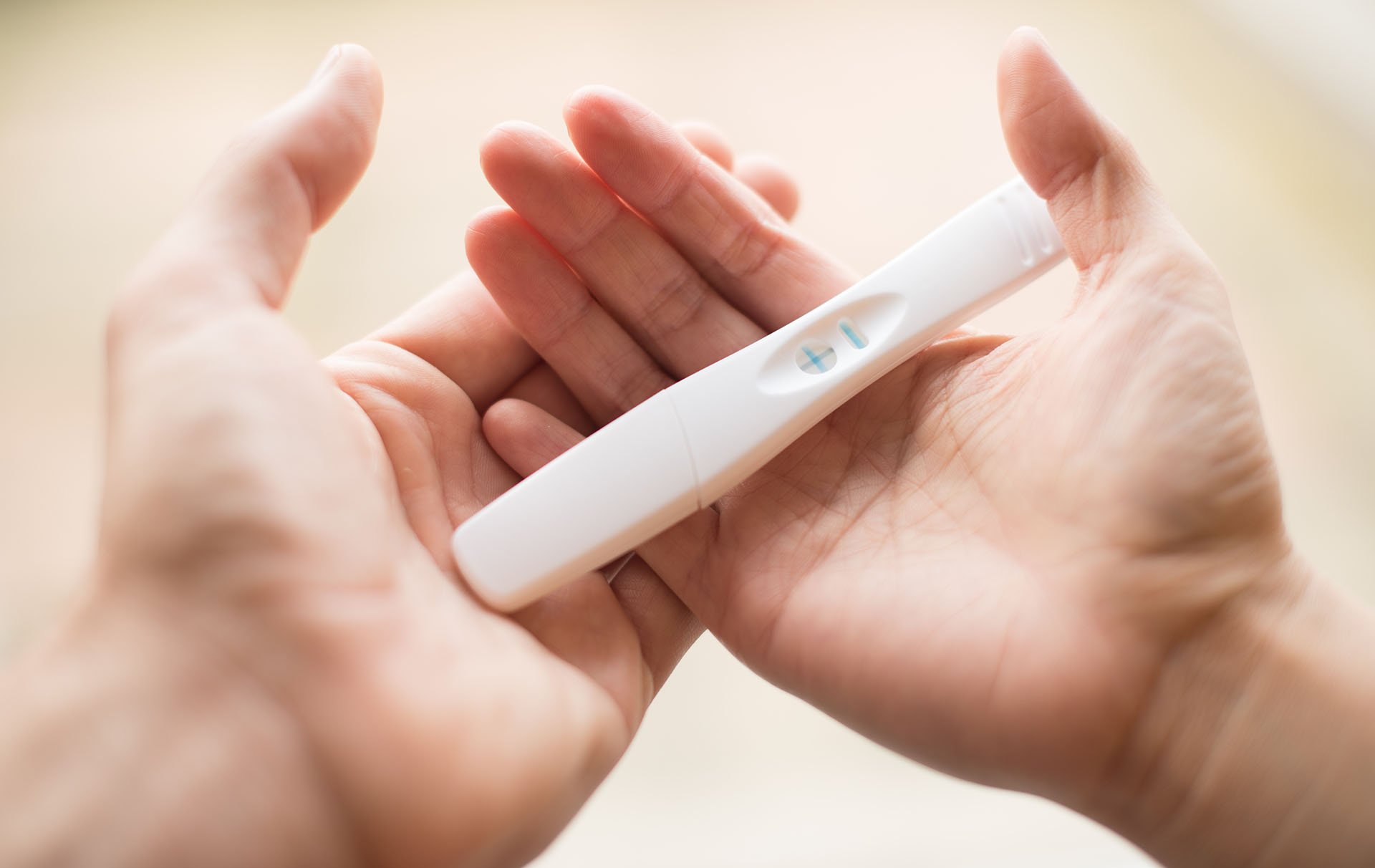Dry mouth, or xerostomia, is a common condition that affects many pregnant women.
It occurs when there is a lack of saliva in the mouth, which can cause discomfort and other symptoms.
In this article, we’ll explore the causes, symptoms, and treatment options for dry mouth during pregnancy.
Causes of Dry Mouth During Pregnancy
There are several potential causes of dry mouth during pregnancy:
Hormonal changes:
During pregnancy, hormonal changes can affect the production of saliva, leading to dry mouth.
Dehydration:
Pregnant women are more prone to dehydration, which can also contribute to dry mouth.
Medications:
Some medications that are commonly prescribed during pregnancy can cause dry mouth as a side effect.
Mouth breathing:
Pregnant women may be more likely to breathe through their mouth, which can dry out the mouth.
Other health conditions:
Dry mouth can be a symptom of other health conditions, such as diabetes or autoimmune disorders, that may be more common during pregnancy.
Symptoms of Dry Mouth During Pregnancy
The symptoms of dry mouth during pregnancy can vary, but may include:
Dry or sticky feeling in the mouth
Difficulty swallowing or speaking
Sore throat
Bad breath
Increased thirst
Cracked lips
Mouth sores or infections
Treatment Options for Dry Mouth During Pregnancy
If you’re experiencing dry mouth during pregnancy, there are several treatment options available:
Stay hydrated:
Drinking plenty of water can help prevent dehydration and reduce the symptoms of dry mouth.
Avoid caffeine and alcohol:
Caffeine and alcohol can both contribute to dehydration and worsen dry mouth.
Use a humidifier:
Using a humidifier in your home can help keep the air moist, which can reduce dry mouth symptoms.
Chew gum or suck on hard candy:
Chewing gum or sucking on hard candy can stimulate the production of saliva and help alleviate dry mouth symptoms.
Practice good oral hygiene:
Brushing and flossing regularly can help prevent mouth infections and reduce bad breath.
Talk to your doctor:
If your dry mouth is caused by a medication or other health condition, your doctor may be able to adjust your treatment or provide additional recommendations.
In conclusion,
Dry mouth is a common condition that can affect pregnant women due to hormonal changes, dehydration, medications, and other factors.
Symptoms may include a dry or sticky feeling in the mouth, difficulty swallowing or speaking, and increased thirst.
Treatment options include staying hydrated, avoiding caffeine and alcohol, using a humidifier, chewing gum or sucking on hard candy, practicing good oral hygiene, and talking to your doctor.
By taking these steps, you can alleviate the discomfort of dry mouth and maintain good oral health during pregnancy.











